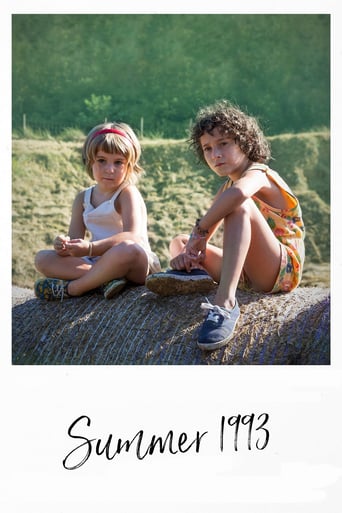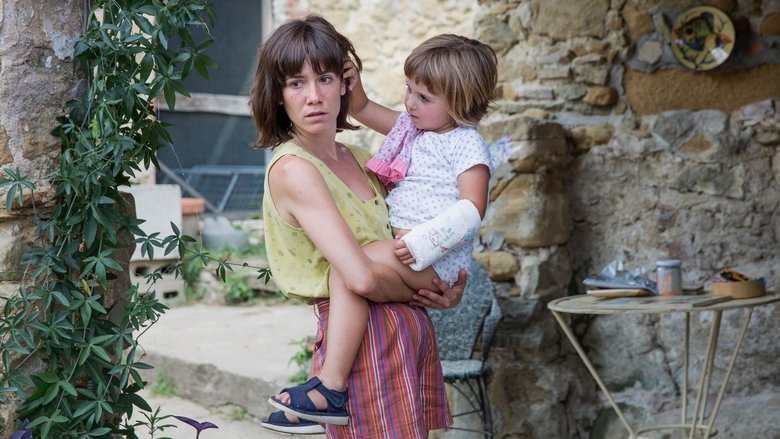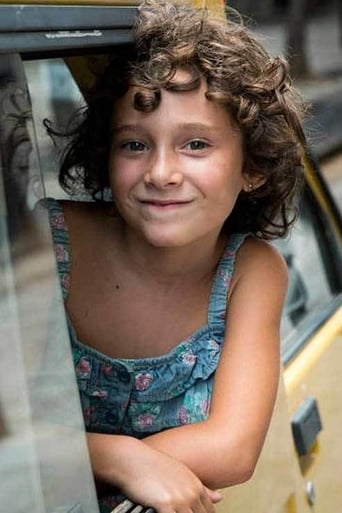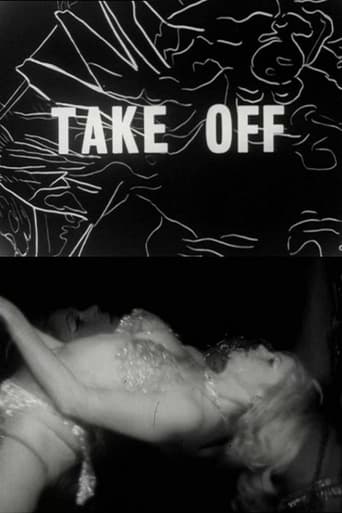

Summer 1993 (2017)
After her mother's death, six-year-old Frida is sent to her uncle's family to live with them in the countryside. But Frida finds it hard to forget her mother and adapt to her new life.
Watch Trailer
Cast
Similar titles
Reviews
Memorable, crazy movie
Don't listen to the negative reviews
Absolutely brilliant
The story, direction, characters, and writing/dialogue is akin to taking a tranquilizer shot to the neck, but everything else was so well done.
Many movies stand or fall on their final scenes because our memory retro-frames the film through its climax. Limp endings always disappoint but the last 20 seconds of the Spanish film Summer 1993 (2017) elevates what would have been just a sweetly lyrical tale of childhood loss into a powerhouse essay on the nature of grief.In simple linear fashion it's an uncomplicated story of six-year old Frida (Laia Artigas) who is abruptly moved into her aunt's home when both parents die from AIDS-related illness. We are never actually told about the illness, rather we see the shame and hear the silence surrounding why they died, and there is unmistakable discomfort around blood as a recurring motif. While her adoptive parents were not exactly delighted to have Frida, they are dutiful, kind and loving; family always comes first in Catalonian tradition. On the surface, all appears to be settling down well, especially for their three-year old daughter Anna (Paula Robles) who is thrilled to suddenly have a sister and a constant playmate.What makes this simple tale unique is how it is told entirely through Frida's point of view. The world of a six-year old moves slowly as the developing mind processes what is happening. The camera lingers on Frida's eyes and captures the shifting cycles of abandonment, painful loss, confusion, desire to belong, followed by laughter and child's play. Most scenes are languid in pace, framed at children's height looking up at an adult-controlled world. Scenes of backyard, bathtub and bedtime play show Frida initially on the fringe of belonging and gradually inching towards being part of her new home. It's normal family life and nothing untoward happens; even when Frida leaves Anna in the woods, you sense it is to gain attention rather than show malice towards the three-year old. If you prefer stories with strong forward narrative you may find this one too slow, even though it's impossible not to enjoy the exquisite naturalness of Frida and Anna. Children of this age do not act; they just are who they are, and the director's artistry lies in channelling their performance into a gently nostalgic autobiographical film. The full impact of the tale erupts during a final scene of joyful family bedtime play. Just when Frida is feeling safe and loved, she bursts into uncontrollable and inconsolable tears. It is a sight we have not seen before. This is a film to be savoured on many levels. The cinematography and settings are an obvious source of visual and emotional pleasure, but it is at a deeper level that this film delivers its greater impact. We will read it according to our life experience, but it says much about the importance of family and the way young children experience profound loss. At all levels, this is a film that leaves a deep imprint.
Summer 1993" (2017 release from Catalonia; 97 min.) brings the story of Frida, a 6 or 7 yr. old girl. As the movie opens, we see Frida's stuff being boxed up, and Frida along with a couple driving out of the city. The couple discuss the situation in hushed terms but we pick up quickly that Frida's mom just passed away (we're not quite sure of what), and that Frida is now taken care of by her mom's brother Esteve and his wife Marga. The couple have a daughter of their own, 3 or 4 yr. old Anna. How will Frida adopt to her new environment? more importantly, how will the little girl process the death of her mom? At this point we're 10 min. into the mvie, but to tell you more of the plot would spoil your viewing experience, you'll just have to see for yourself how it all plays out.Couple of comments: this movie is written and directed by Carla Simon, based on her memoirs and with Frida standing in for Carla. Set in rural Catalonia, we observe how Frida tries to settle into this new family, while at the same time dealing with her overwhelming sense of loss and sadness. Not surprisingly, Frida is at times scared, confused, angry, or withdrawn (and at times all of those at once). There seemingly is no "plot" to speak of, but that is in fact not the case at all. It's just that the "plot" reveals itself with subtlety. Of course none of this would have been possible but for the astonishing performance of the little girl who plays Frida, wow, just wow Not enough can be said about that. The director smartly gives us a lot of interaction between Frida and Anna, with at times uninterrupted shots that seemingly go forever (in reality: a minute or two). The closing scene of the movie is both brilliant and heartbreaking. (Afterwards, the movie shows it is dedicated to the memory of Carla Simon's mother.)"Summer 1993" premiered at the 2017 Berlin film festival, to immediate acclaim. I have no idea why it's taken 18 months for the movie to reach US theaters. The movie opened this weekend at my local art-house theater here in Cincinnati, and I couldn't wait to see it. The Saturday matinee screening where I saw this at was attended nicely (but nowhere close to sold out). If you like a top notch foreign movie that examines how a young girl copes with her mom's death, I readily recommend you seek this out, be it in the theater, on VOD, or eventually on DVD/Blu-ray, and draw your own conclusion.
One of the most beautiful films I've seen in recent memory. The gorgeous cinematography provides a backdrop for a look at loss through the eyes of a child, in this case played by Laia Artigas who gives a truly arresting performance The film has been compared to other Spanish classics that feature child protagonists like Cría Cuervos and The Spirit of the Beehive. While I thoroughly enjoyed what appears to be a pretty clear nod to Cría Cuervos in the scene where the little girls are "playing adults," this film certainly stands on its own. Also, although I've seen relatively few films in Catalan, this has undoubtedly been my favorite, so I'd say this also qualifies as a triumph for Catalan cinema!Highly recommended.
One of the most boring films i have ever seen... typical spanish movie.






